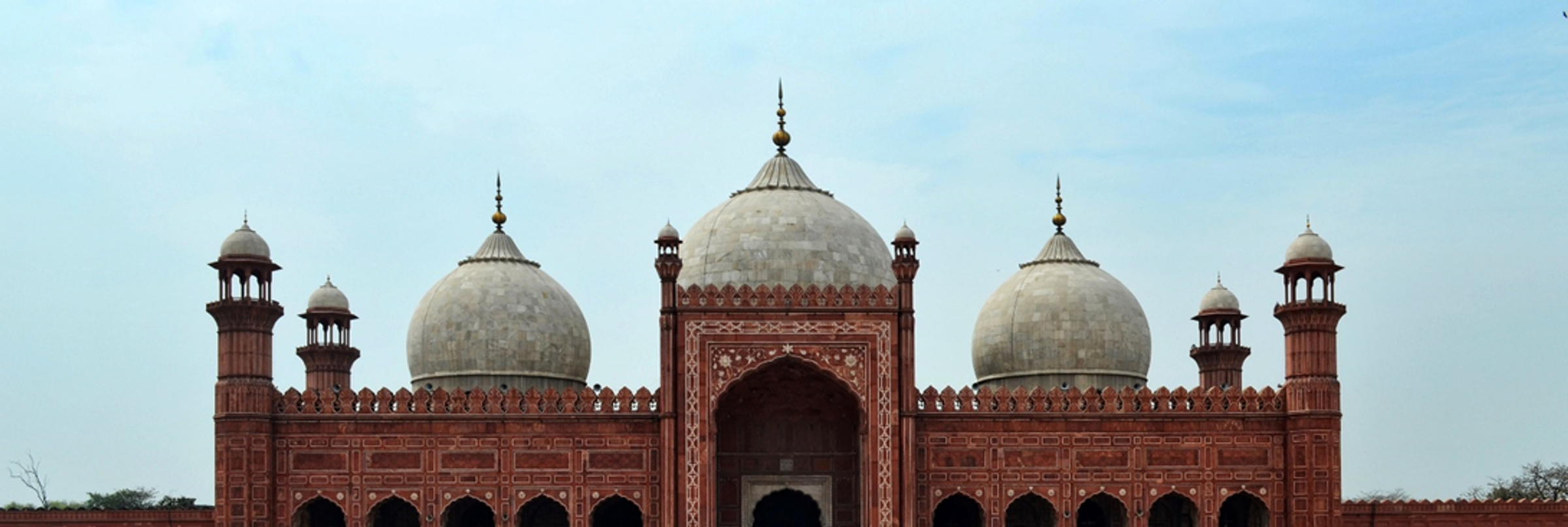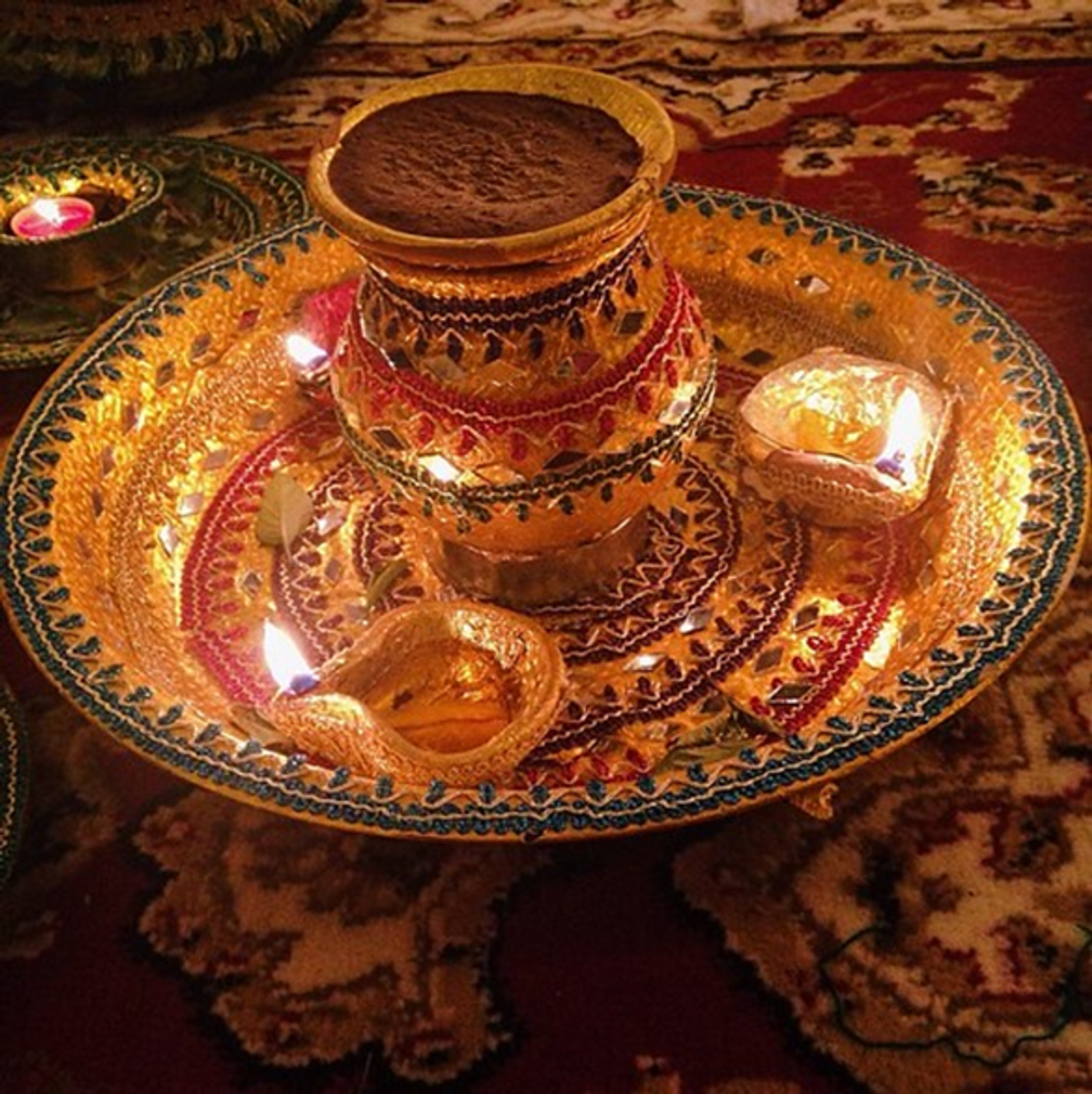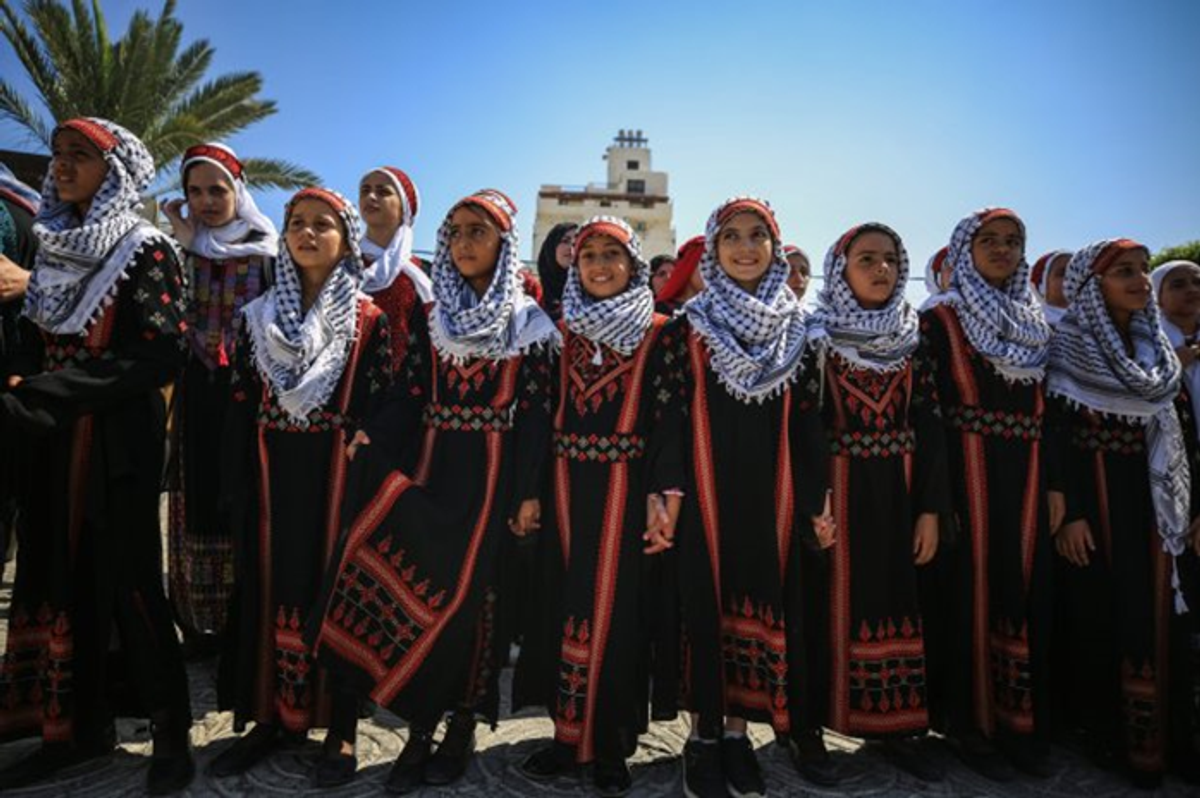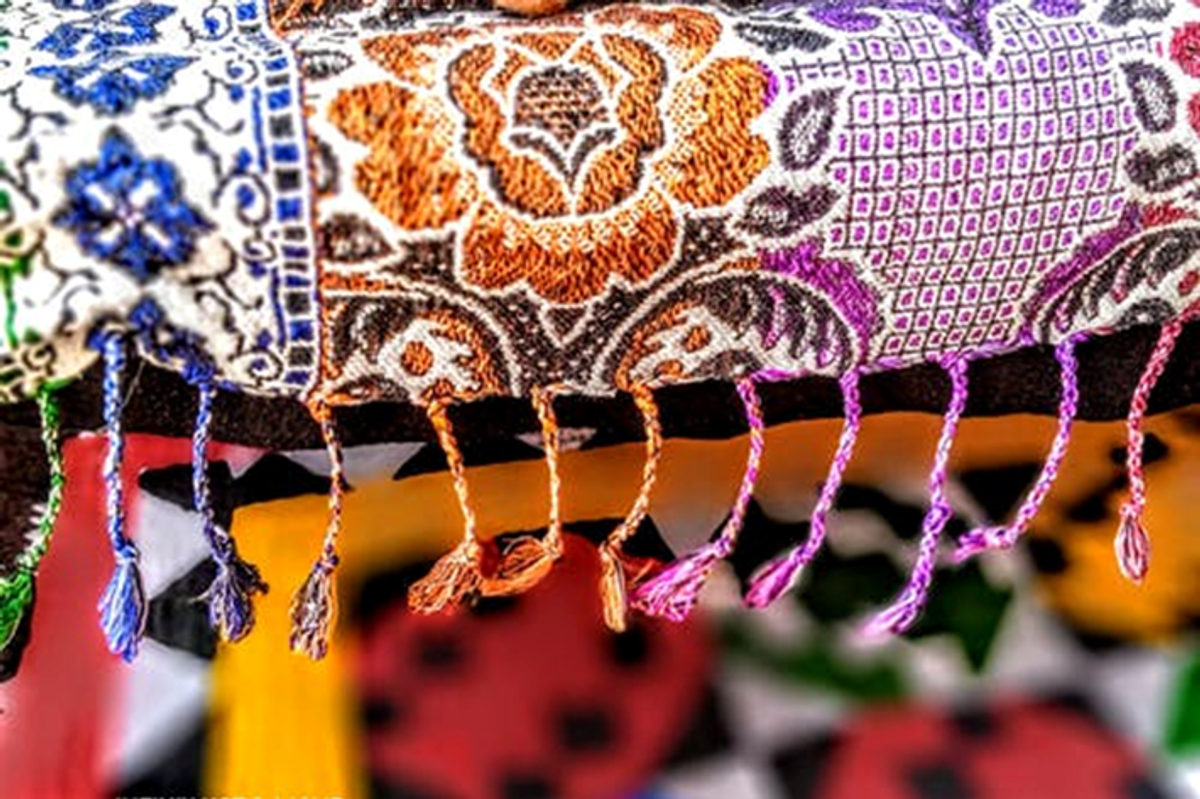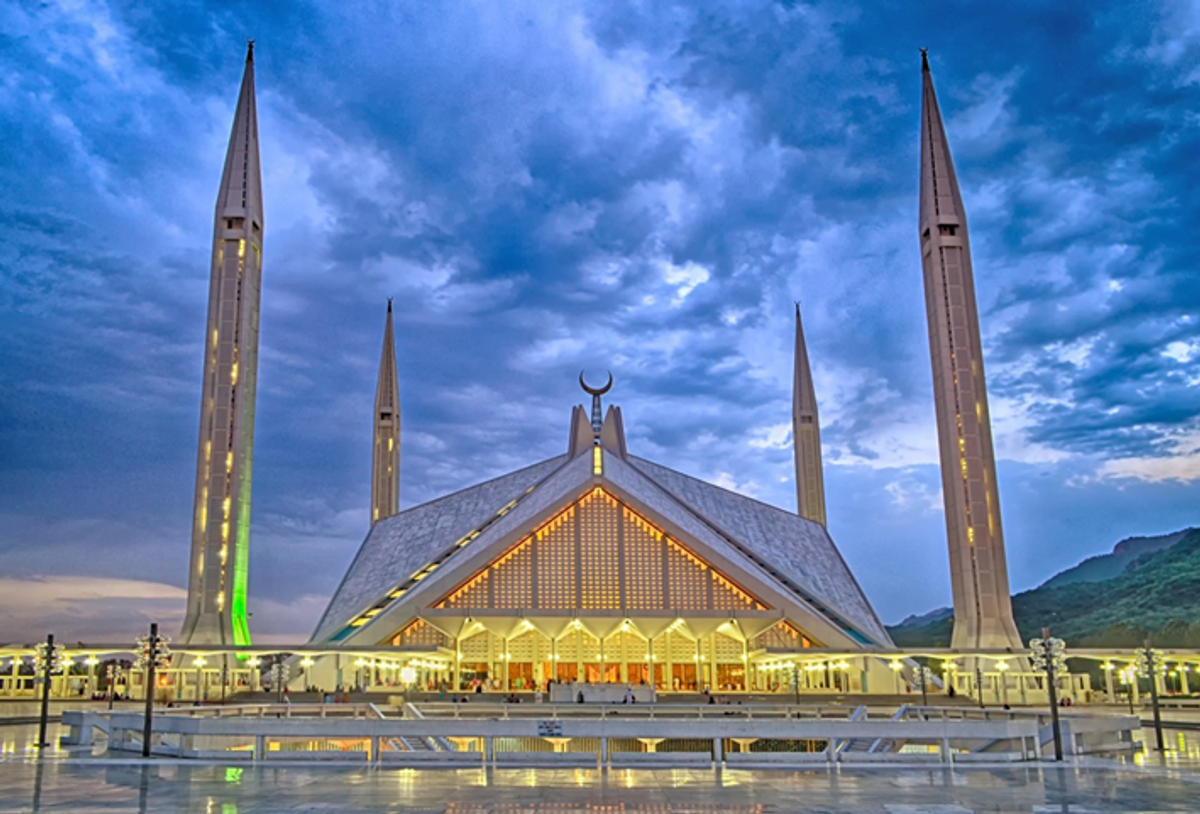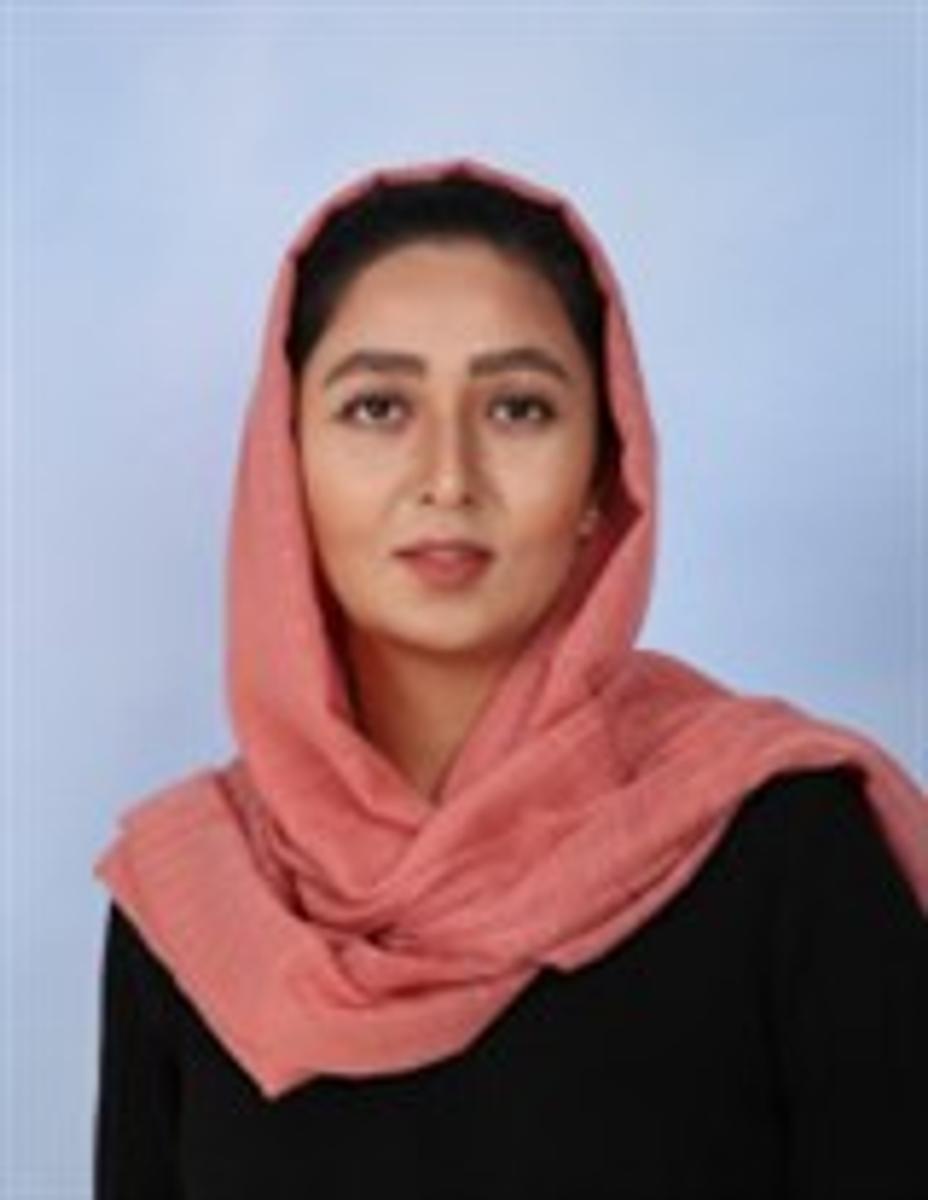Greetings
- Greetings are generally formal in Pakistan. When addressing a person for the first time, use their last name followed by “Sahib” or “Saab”, literally meaning ‘Mister’. For people of different professions, use their specified title, for example: “Brigadier” (Doctor) followed by their surname.
- Strangers will speak to each other in the formal register of Urdu. The familiar register is only used when talking to friends and young family.
- The most common greeting among Pakistanis is “As-Salamu-Alaykum” (‘Peace be upon you’).
- Elders are greeted first out of respect.
- Well-acquainted men may hug each other upon greeting. However, when greeting strangers, business associates or those of a very different status (ie an elder), one usually shakes hands and respectfully places the right hand over the heart afterwards.
- Women may kiss each other on both cheeks if they know each other well. Strangers generally meet each other with a handshake.
- In more traditional circumstances, men and women will share a verbal greeting but make no physical contact. Business introductions between men and women may involve a handshake if initiated by the women. Physical contact (eg hugs, handshakes and kisses) is only considered appropriate between men and women if they are family or close friends.
- A Pakistani may simply place their right hand over their heart and give a gentle nod in greeting if they perceive the other person is unaccustomed to being touched.
- The traditional greeting towards Hindus or Indians is “Namaste” (‘I greet the god within you’).
- Liberal middle-class Pakistanis may say “Adab” (‘Respect and politeness’) while lifting a hand to their forehead. This is usually used to greet people over the age of 40.
Communication
Verbal
- Indirect Communication: The Pakistani communication style is generally indirect as they often seek to avoid confrontation or offence. Conversations are usually long and drawn out; people tend to speak in a roundabout way that reaches their point more delicately. This speech style is to be taken with patience, as there might be long pauses. The best way of reaching an understanding is to ask open-ended questions that allow them to reach their answer in their own time and give agreeable and accepting responses that do not directly disrupt the speaker’s discussion. Avoid cross-questioning them as this might bring about an ambiguous response.
- Language Style: Pakistanis generally have exaggerated speaking expressions. They often come across as strikingly earnest and sincere as they tend to strongly assert what they mean through large statements.
- Refusals: Giving a direct refusal is considered rude and may indicate that the person wishes to end a relationship. It is best to go about saying ‘no’ to requests in an indirect way, such as “I’ll see what I can do”. Often Pakistanis reply with “Inshallah” – meaning ‘if God wills it’ (i.e. perhaps, but if it doesn’t happen, it is the fate of God).
- Criticism: Criticism should always be approached sensitively. It can quite easily be mistaken for mild personal offence unless presented in an indirect way. Therefore, always offer any suggestion of improvement with praise at the same time. Direct comments should only be spoken to those you have a longstanding relationship with and in private.
- Group Discussion: Pakistanis tend to prefer conversing in groups. One-on-one communication between two individuals may be approached with trepidation as the directness of it is usually reserved for those that they have a familiar relationship with.
Non-Verbal
- Personal Space: Pakistanis are generally not concerned with personal space and will stand closer to their subjects than in Western culture. However, more distance is kept between those of opposite genders.
- Physical Contact: It is common for people to be physically affectionate with those of the same gender. For example, men may put their arms on each other’s shoulders and quite comfortably touch each other. However, public displays of affection between opposite genders are considered to be very inappropriate.
- Hands: There is a separation between the functions of the hands in Pakistani culture. This custom is tied to Islamic principles that prescribe the left hand should be used for removal of dirt and for cleaning. It should not be used for functions such as waving, eating or offering items. Therefore, one should gesture, touch people or offer items using the right hand or both hands together.
- Eye Contact: It is rude to look someone directly in the eye while talking to them. It signifies arrogance and also can be perceived as seeking validation. Lowering one’s gaze is respectful and shows that one is not yearning for attention.
- Gestures: Pounding one’s fist into a hand or stroking one’s beard/moustache signals revenge. Tapping your hand on your head (as if frustrated) can be interpreted as meaning you feel disdain for the person you are talking to. The thumbs-up symbol and the symbol for ‘Okay’ (with the forefinger and the top of the thumb meeting to form a circle, with the other fingers stretched out) can both be considered lewd or rude; however, many Pakistanis have become familiar with their Western meanings.
- Ears: Holding onto one’s ear can signal remorse or repentance when feeling guilty.
- Beckoning: Beckoning should be performed with the palm of the hand facing the ground and using all fingers. To use a single forefinger is considered extremely rude.
- Pointing: Pointing and gesturing at objects and people should use the whole hand or palm. A single finger is considered rude.
- Winking: Winking has sexual connotations and should be avoided altogether.
- Smiling: Pakistanis tend to have quite a serious front and may not smile at strangers often. Don’t expect to receive many smiles until you have gotten to know them.
Do's and Don'ts
Do’s
- Expect a Pakistani to behave rather formally and seriously when meeting them for the first time. They will generally relax and become more playful as you get to know them.
- Make an effort to ask about a Pakistani’s well-being and their family when you see them.
- Pay attention to smaller acts of hospitality and courtesy by consistently offering to put others before yourself. It is expected that you are considerate of other’s needs without them having to articulate what those are.
- Expect people to express mild discontent with the country’s state of affairs. Politics, religion, terrorism, and conflict are discussed quite frequently among Pakistanis. However, consider that these are personal topics and people may not want to have that conversation with you unless you are a close friend.
- If presenting criticism, offer praise followed by suggestions on improvement that can apply to everyone present. Do not single out the person who made a mistake. Direct statements should only be spoken in private with those you know well.
- Barter and bargain when purchasing handicrafts and homewares. Most shopkeepers are likely to give a substantial discount from the quoted price, and it helps form relationships.
Don’ts
- Never insult a Pakistani in public. This is highly disrespectful and considered a direct act of dishonour.
- Do not criticise a person’s preferred political party, their friends, or their choices. All these denigrations can cause deep offence.
- In more conservative settings, do not denounce or critique religion; only provide praise and appreciation. More broadly, a Westerner’s interest in religion can be viewed with suspicion. Therefore, avoid being the one to bring up the topic.
- Avoid rushing or hurrying a Pakistani.
- When expressed in English, sarcasm can risk being misunderstood and causing offence.
Presentation & preparation by: Hussam Saraf Multicultural Liaison Officer
Review by Muzhgan Qazikhil
Multicultural Liaison Officer
